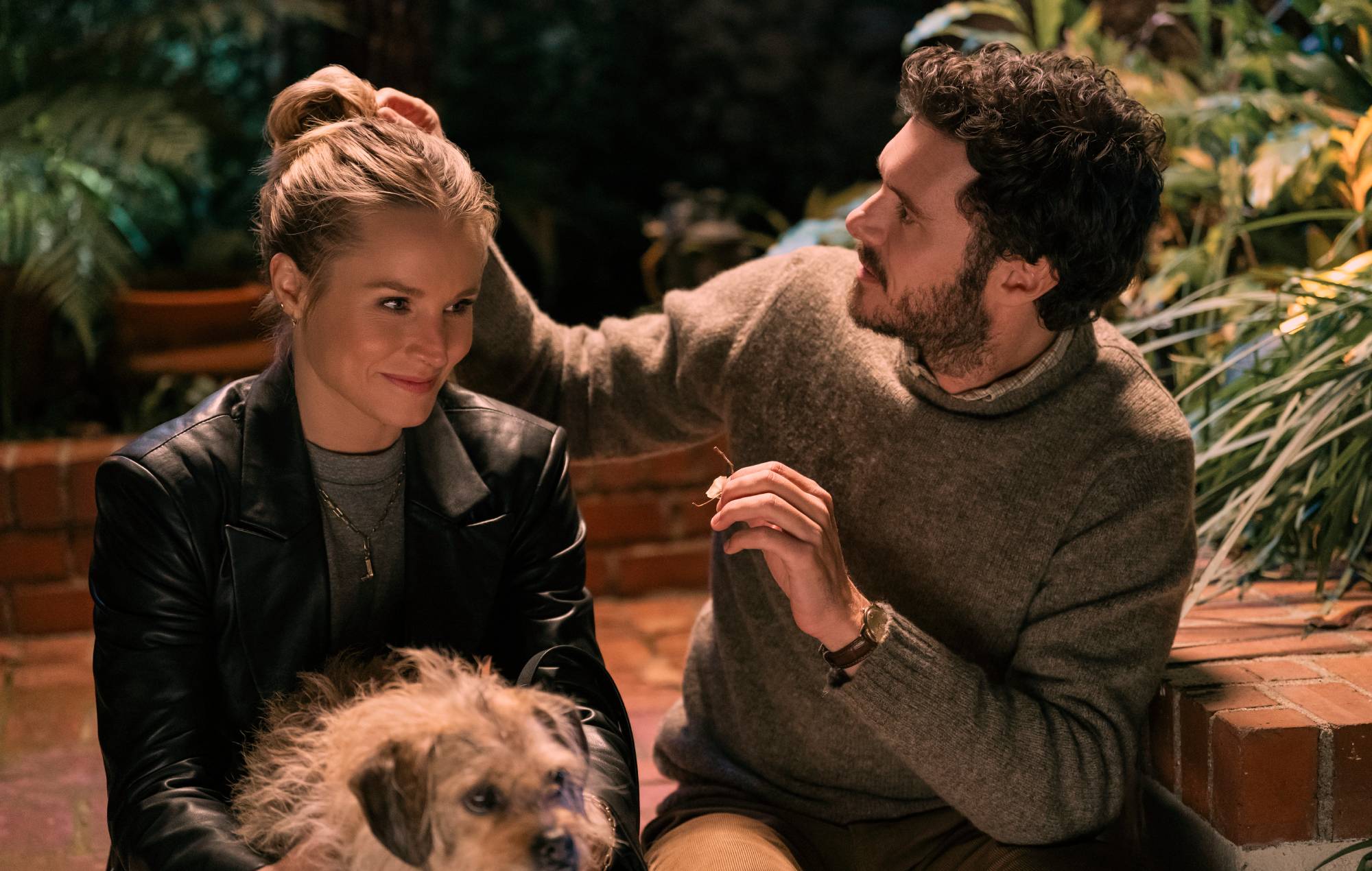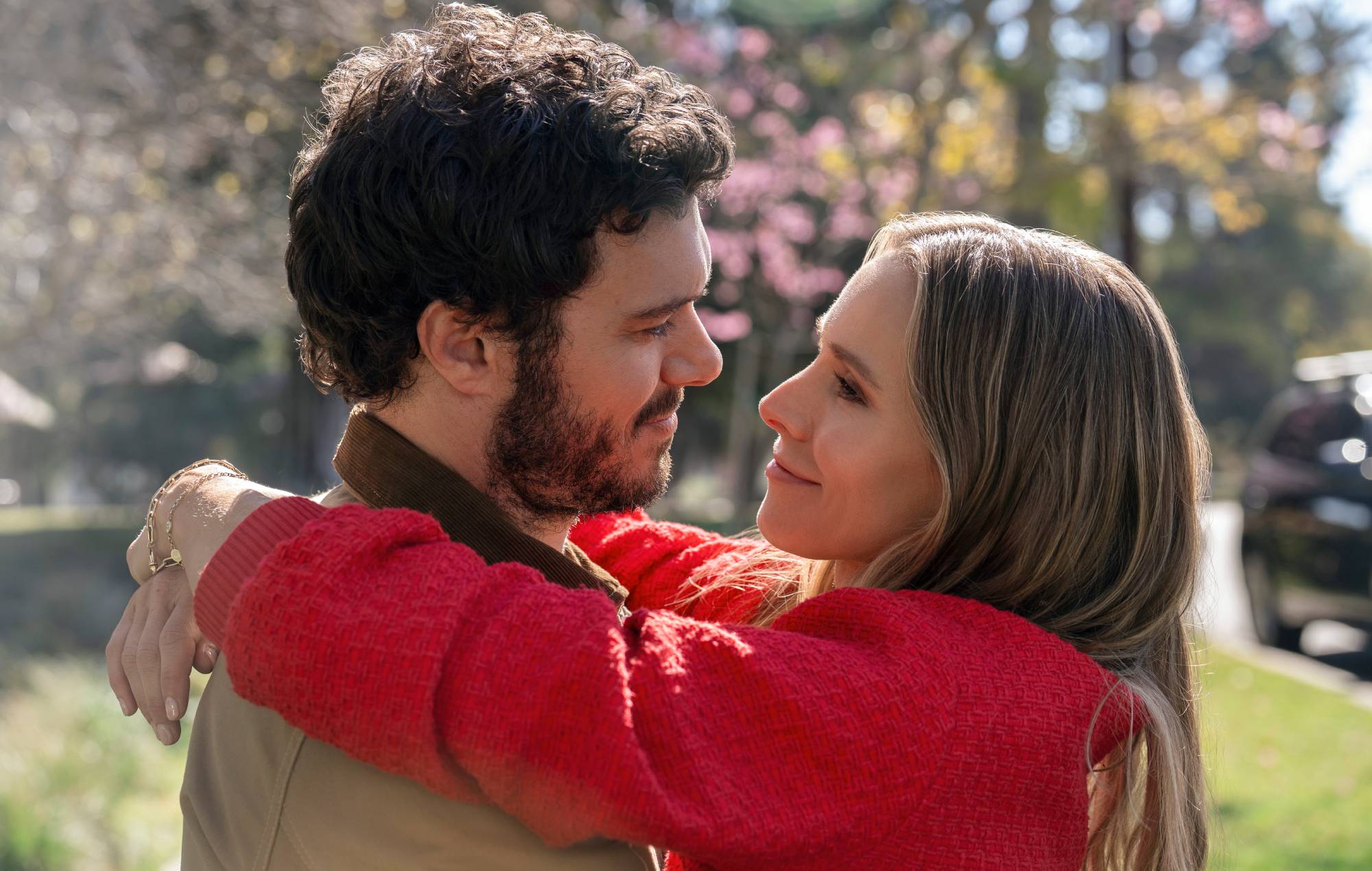‘Nobody Wants This’ creator denies depicting Jewish women negatively in Netflix hit
Nobody Wants This creator Erin Foster has defended the show after it was criticised for its negative portrayal of Jewish women.
The new Netflix romantic-comedy series, which centres on a relationship between a rabbi (Adam Brody) and a sex podcaster (Kristen Bell), has come under fire since its release on September 26. In response, Foster said the show’s goal was to “shed a positive light on Jewish culture from my perspective”.
Among the critics was Glamour senior west coast editor Jessica Radloff, who published an essay titled ‘Netflix’s Nobody Wants This and the Persistent Jewish Stereotype’. In the article, she wrote that the show’s Jewish characters “come off as controlling, marriage-hungry women who want to plan dinner parties and alienate anyone who doesn’t share those same dreams.”
Radloff also took issue with the show’s opening episode for a scene in which Brody’s character’s mother refers to Bell’s character as a “shiksa,” a derogatory term for a non-Jewish woman.
“This scene at the temple is the exact opposite of what we Jews are taught to do — welcome thy neighbor,” Radloff wrote. “At a time when antisemitism is at the highest levels we’ve seen since the Holocaust, scenes like this hit me hard.”

Time magazine’s review of the series also called out the show’s “mean-spirited depiction of Jewish women,” adding: “The series seems to loathe Jewish women, who are portrayed as nags, harpies, and the ultimate villains of this story.”
Recommended
Responding to the criticism, Foster said (via Variety): “I think we need positive Jewish stories right now. I think it’s interesting when people focus on, ‘Oh, this is a stereotype of Jewish people,’ when you have a rabbi as the lead. A hot, cool, young rabbi who smokes weed. That’s the antithesis of how people view a Jewish rabbi, right?”
Foster added: “If I made the Jewish parents, like, two granola hippies on a farm, then someone would write, ‘I’ve never met a Jewish person like that before. You clearly don’t know how to write Jewish people, you don’t know what you’re doing, and that doesn’t represent us well.’”
The creator stressed that “what I really wanted to do was shed a positive light on Jewish culture from my perspective — my positive experience being brought into Jewish culture, sprinkling in a little fun, [and] educational moments.”
Netflix has not yet confirmed whether the show will return for a second season, but with the first being left on a major cliffhanger, it seems another run of episodes could be likely.
All 10 episodes of the first season are now available on the streaming service.
